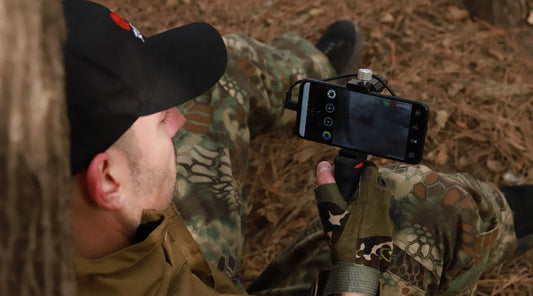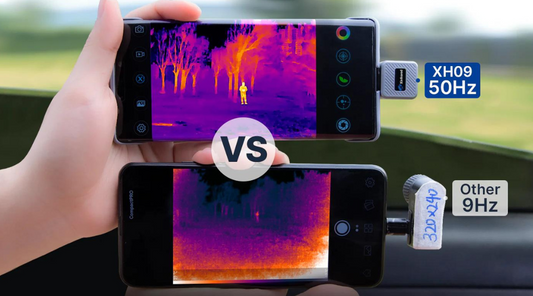Top Differences Between Thermal Cameras and Regular Cameras
The difference between a thermal camera and a normal one is not as obvious as it seems. Whereas conventional cameras can take pictures of visible light, thermal cameras work in a completely different way: they pick up IR rays and turn them into temperature-based images. In this paper, we will discuss the three main characteristics of the thermographic camera, as well as their use and technical characteristics.
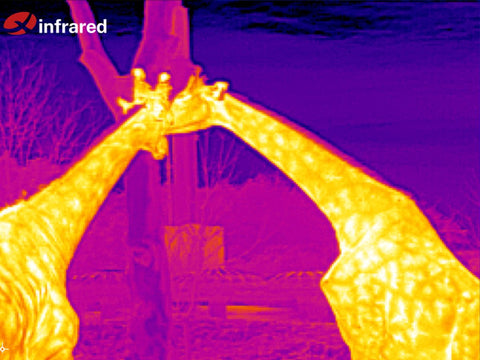
The Operating Principle: Invisible Spectrum Exposure
Regular Cameras
Conventional cameras work on smartphones and high-end DSLR cameras work by catching the visible spectrum. The lens collects the incoming light, which is captured by a sensor, which generates an image according to its intensity and color. This process is ideal for daylight conditions but faces challenges in low-light environments.
Thermal Cameras
The thermal camera, however, explores the unseen region of the electromagnetic spectrum. Rather than depending on the visual field, they can sense the IR emission from an object. This ability enables these sophisticated cameras to see temperature variations, which are valuable in situations that conventional cameras can't handle, for example, in absolute dark or bad weather.
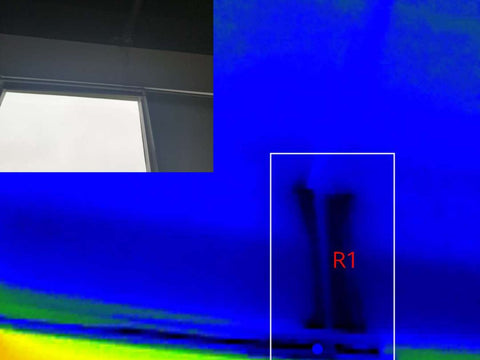
Applications Beyond Photography and Use Cases
Regular Cameras:
Conventional cameras are widely used in daily life, ranging from taking treasured moments to taking professional photos and videos. However, their limits are evident in low-visibility environments or when trying to distinguish temperature changes in an industrial environment.
Thermal Cameras:
Thermal cameras have found their niche in an industry that requires accurate temperature measurements and visibility in challenging environments. In predictive maintenance, thermal cameras can detect overheating components in machines before faults occur. Additionally, thermography is superior to traditional cameras in terms of safety and monitoring, especially in pitch-black or thick fog.
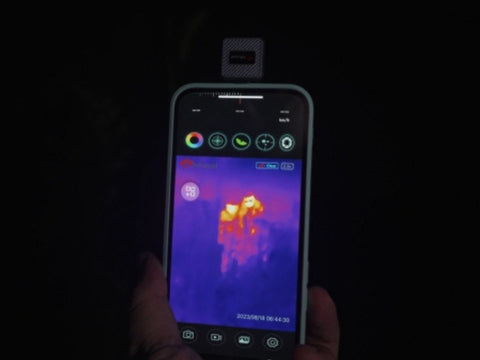
3. Beyond Megapixels: Key Technological Features
Regular Cameras:
Traditional cameras are usually rated based on the megapixels, the resolution, the auto-focus, and the optical zoom. All of these functions meet the requirements of high quality and fine detail, which is ideal for applications such as portrait photography or scenery.
Thermal Cameras:
One of the most important characteristics of a thermal camera is its capability to capture and interpret the infrared. The core of this system is an Infrared sensor that allows this camera to generate images that are sensitive to temperature changes. Parameters such as thermal sensitivity and resolution are critical, allowing for the detection of minute changes in temperature and the generation of detailed thermal maps.
Thermographic cameras have been criticized worldwide for their low resolution. But with the development of the technique, a lot of high-resolution thermal imaging devices are also being made.
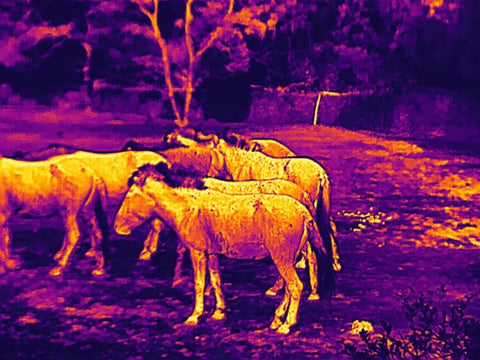
Bridging Imaging Divide
Understanding the difference between thermal and traditional cameras highlights their unique benefits. Whereas normal cameras are good at capturing visible light for normal imaging purposes, thermal cameras step in when visibility is impaired, providing valuable insight into temperature changes. With the development of technology, it is possible to look forward to the future integrating both of them into a more integrated set of tools for all kinds of applications.



